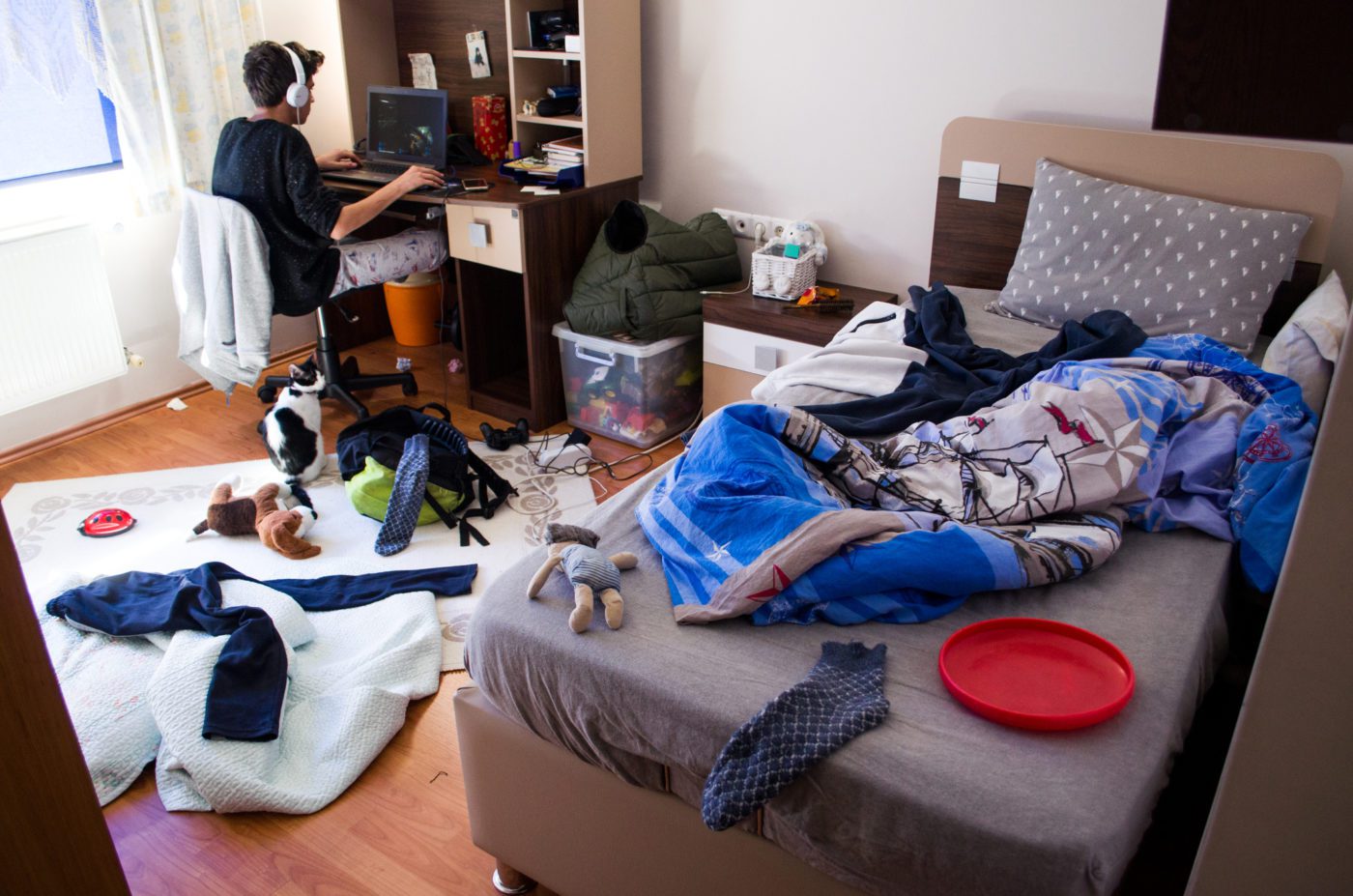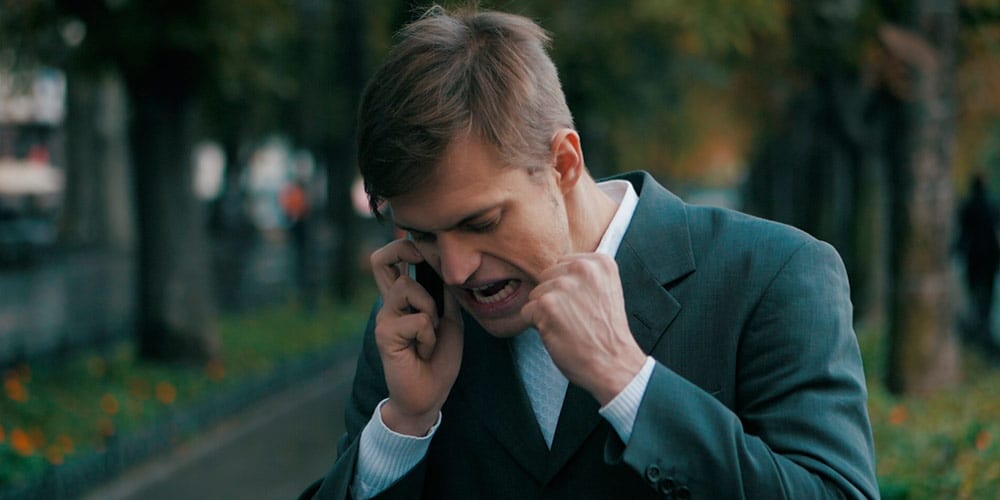There I was, picking up my 17-year-old daughter’s towels off the floor yet again, and it occurred to me: I have failed miserably in this aspect of parenting. She’s an awesome kid. Straight A’s. Never gets in trouble. Just a delight. Yet, my honor student’s floor is covered in towels, and I’m fixing it for her. What happened here? How did these bad habits form?
Those questions led to a Facebook discussion with a few moms. That’s when I learned there are practical solutions to resolving negative habits in children. Turns out, the “sarcasm and guilt trip” method I’ve been using all these years is ineffective. Let’s take a look at 3 common bad habits in kids—and some practical tips to help rectify the situations.
1. Messiness
Tidiness is a learned trait that comes with practice. Start kids off early with age-appropriate cleaning tasks, such as putting away their toys when they’re finished playing. A mom friend keeps a chart on the wall, and every time her 6-year-old picks up her own towel, she gets a star. When she gets 30 stars, they go to her favorite ice cream place. It’s slowly working. Be proactive with hands-on teaching and rewarding.
2. Poor Diet
We’re on the move, they’re on the move, and fast or processed food is the quickest option at mealtimes. That’s all right in a pinch, but when it becomes the standard, we begin to see health issues like sluggishness or obesity. If the core issue here is family busyness, start making cuts that create time to spend at the dinner table. Maybe your son doesn’t need to play year-round baseball, but he definitely needs proper nutrition. There are many great cooking tutorials online, and anyone can cook healthy and fun meals with a little effort. Invite your kids into the kitchen to help you. This teaches cooking skills, teamwork, creativity, and open-mindedness as their tastes evolve.
3. Lying
Lying is a particularly nasty habit, and we need to be able to distinguish from fun fantasy and deceitful manipulation. If your 5-year-old daughter is adamantly telling you she’s a mermaid, cool. Roll with the fantasy. If that same daughter is screaming that her brother smacked her in the head and you know he’s over at the neighbors, this is when a bad habit is starting. Trust is at stake here. When she’s 17, will you be able to believe her when she tells you something? This is delicate, and we need to avoid being accusatory. For instance, do not say, “You’re a liar. I know your brother isn’t here.” Instead say, “Do you want Daddy to be able to trust you?” When she answers, “yes,” then you ask, “Then why are you telling me a fib right now?” Opening the dialogue builds trust. This takes time and patience. Generously praise your child for being truthful.
Sound off: What are some bad habits in your own kids, and how are you dealing with them?











Huddle up with your kids and ask, “What is one bad habit you would like to stop or change and one positive habit you would like to start?”